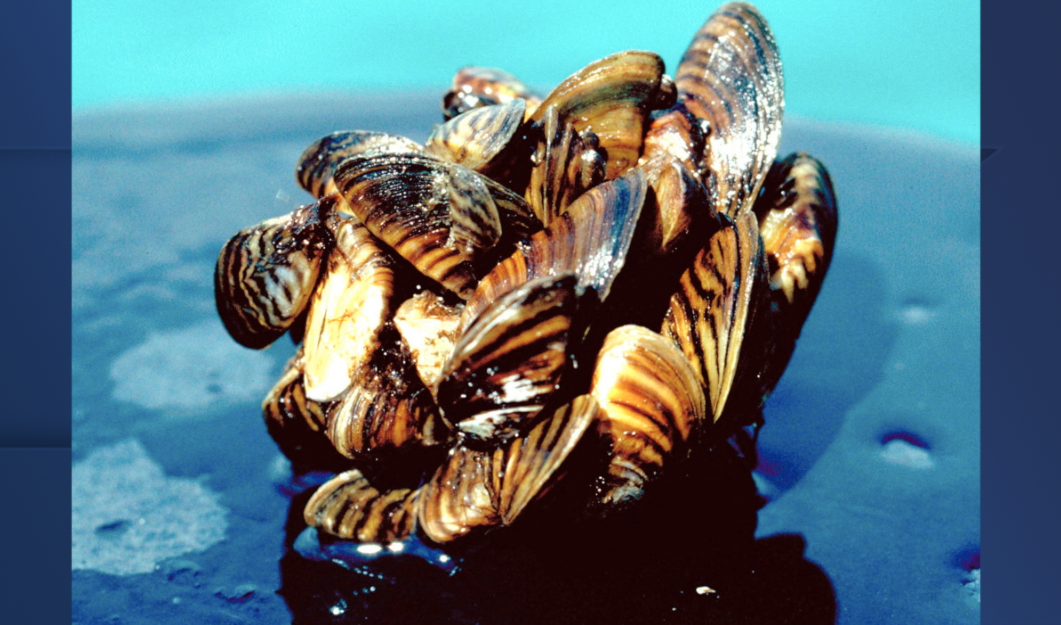WACO, Texas (KXXV) — Zebra mussels — tiny but destructive aquatic invaders — pose a major risk to Texas water systems, according to the U.S. Army Corps of Engineers. Lake Waco is in the clear, but what are some ways we can prevent these from coming in our local waters?
- Zebra Mussels originated from Europe in the 1800s and made their way to U.S. waters in the 1900s
- Zebra Mussels can multiply quickly and create problems for our water treatment plants
- The three steps to make sure you and our waters are clear of these creatures: clean, drain, dry
BROADCAST TRANSCRIPT:
Zebra mussels — tiny but destructive aquatic invaders — pose a major risk to Texas water systems, according to the U.S. Army Corps of Engineers.
"The main concerns are their ability to do significant damage to water treatment plants," said Matthew Jones, an aquatic invasive species expert with the Corps. "They can attach to anything underwater and start to grow and reproduce at a rapid rate."
From Europe to Texas
Originally from Europe, zebra mussels arrived in U.S. waters in the 1900s after being introduced to the Great Lakes in the 1800s. Over time, they spread south through river systems, eventually reaching Texas.
"They were introduced in the Great Lakes and made their way down river systems down here to Texas… starting in the Red River basin at Lake Texoma," Jones explained. "Texas Parks and Wildlife currently lists 34 lakes as fully infested, meaning they have a healthy reproductive population – and that can be really bad for a lot of different industries, primarily water treatment."
The Threat
Zebra mussels can clog pipes, damage infrastructure, and disrupt ecosystems. Their ability to attach to boat hulls, docks, and any underwater surface makes them difficult to control. They reproduce quickly, and once an infestation takes hold, eradication is nearly impossible.
Prevention: The “Clean, Drain, Dry” Rule
Jones says boaters and anglers can play a critical role in slowing the spread. The recommended steps:
- Clean – Wash boats, trailers, and equipment with warm, soapy water to remove mussels from all surfaces.
- Drain – Empty live wells, bilges, and any containers that may hold water.
- Dry – Allow equipment to dry completely before moving it to another body of water.
"Zebra mussels can live outside of water for weeks at a time," Jones warned. Following these steps is the best defense against their spread.
Local Status
As of now, Lake Waco remains clear of zebra mussels — but officials stress continued vigilance to keep it that way.
This story was reported on-air by a journalist and has been converted to this platform with the assistance of AI. Our editorial team verifies all reporting on all platforms for fairness and accuracy.




